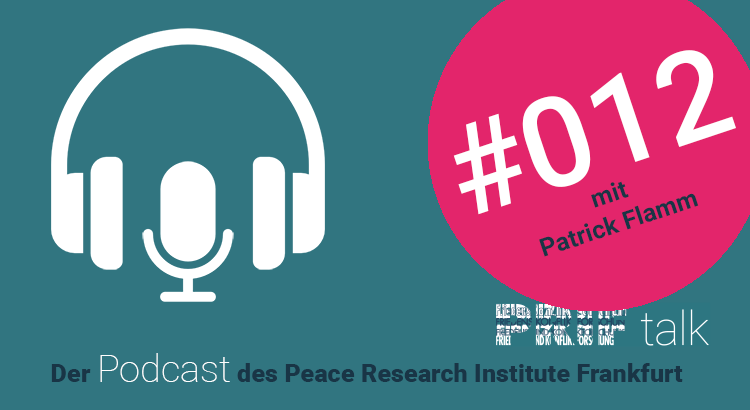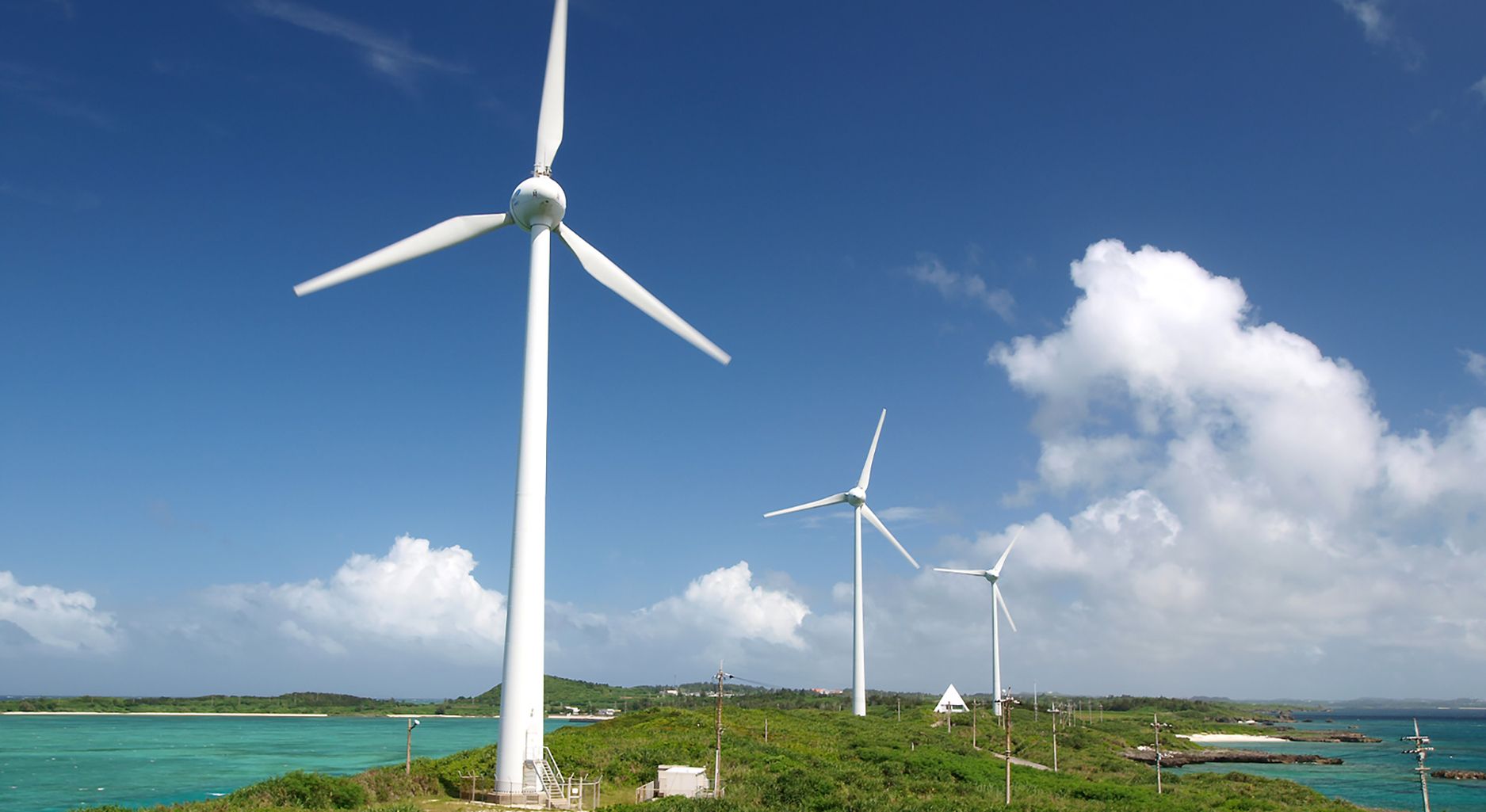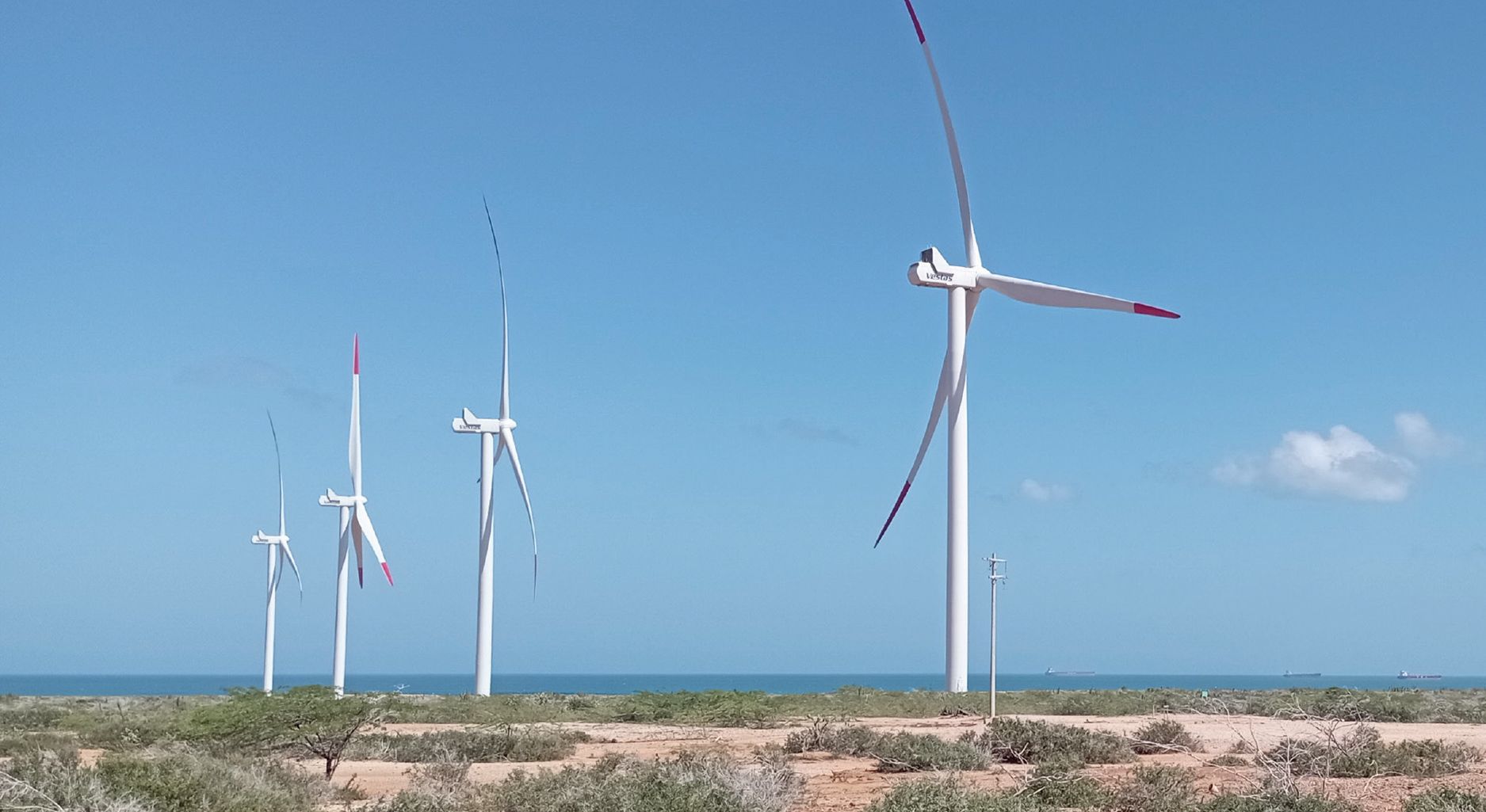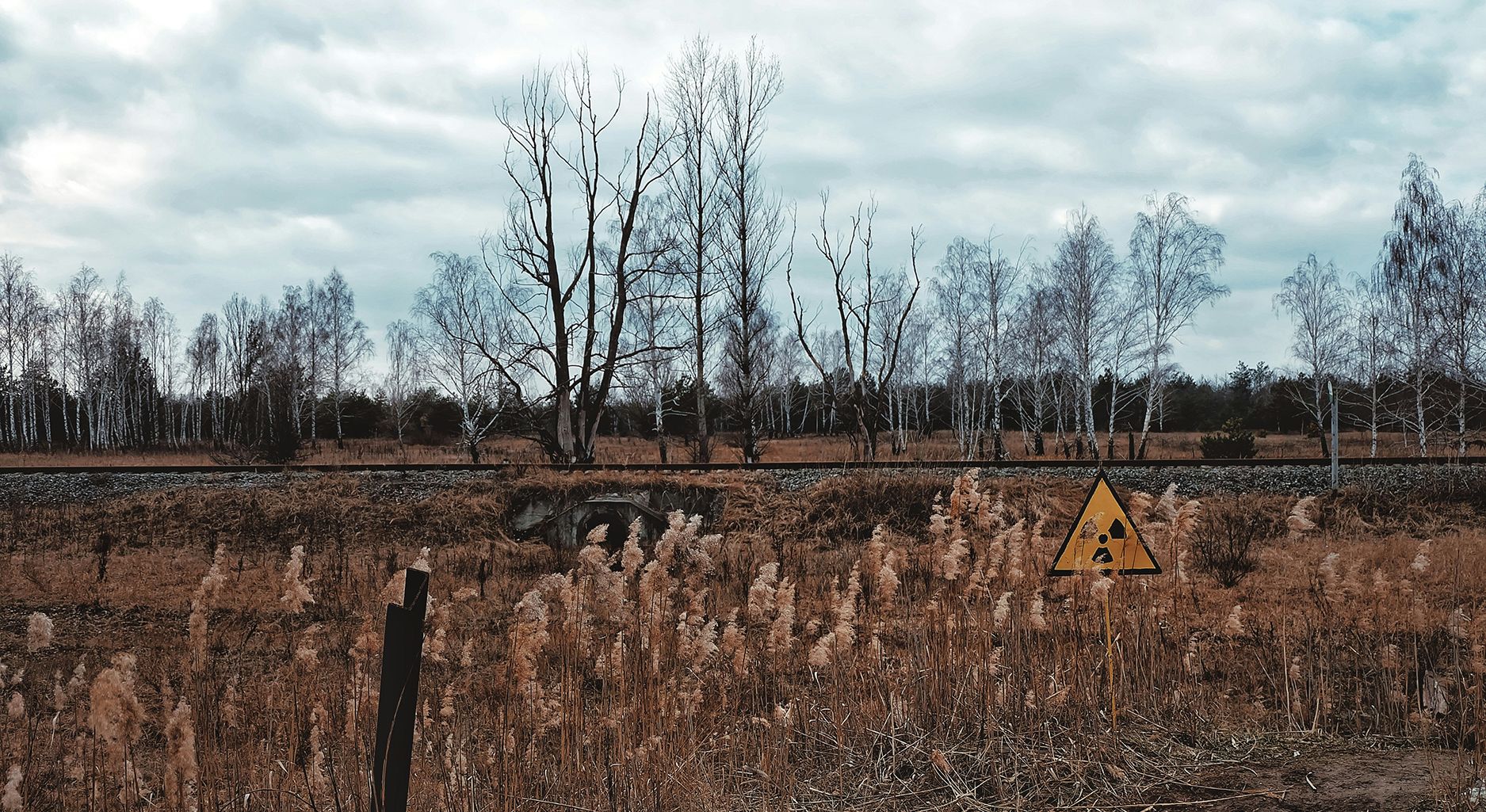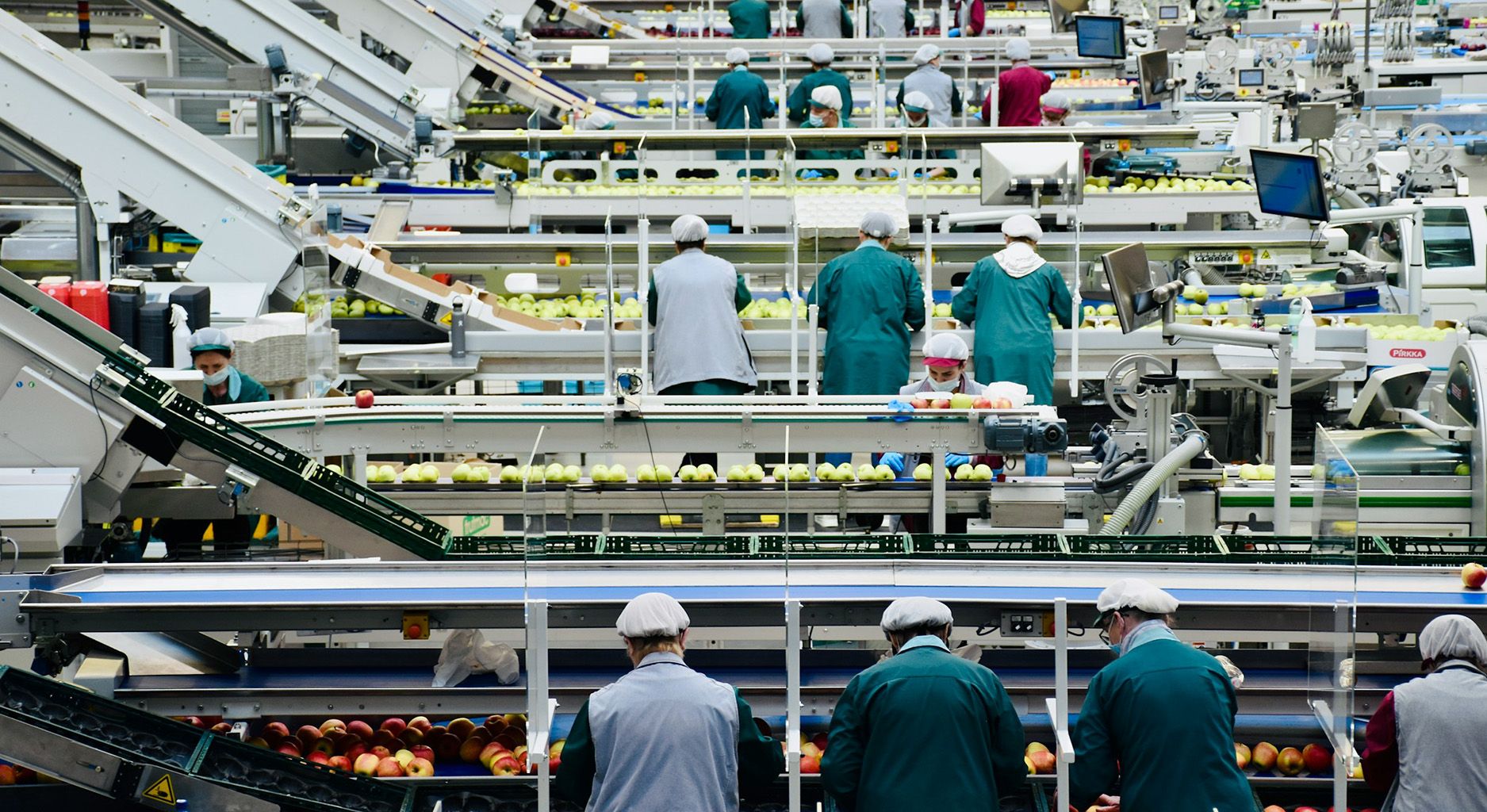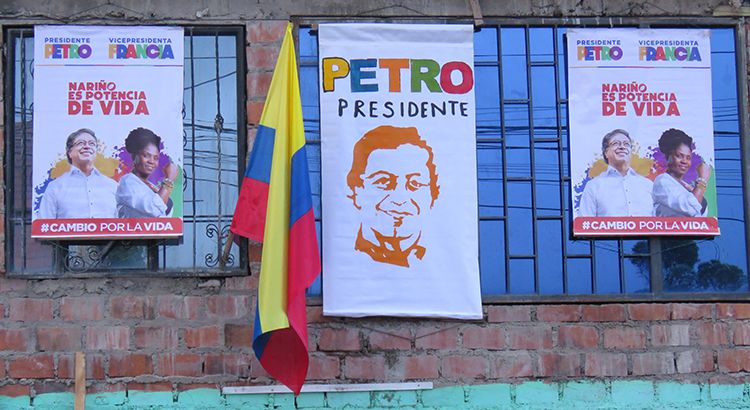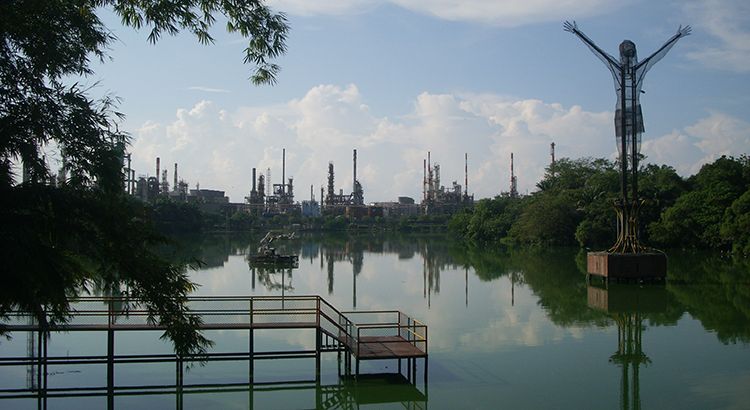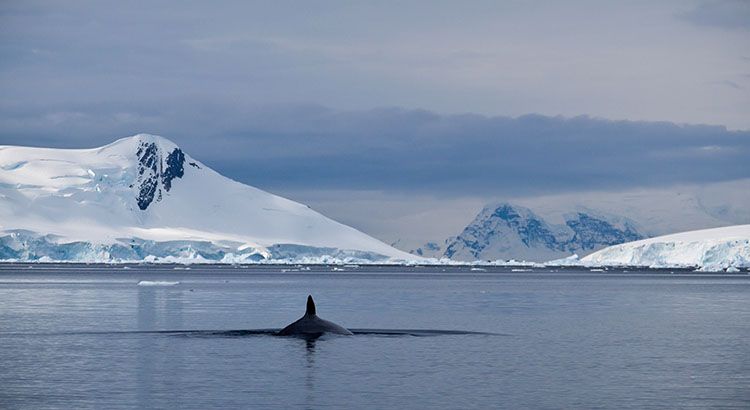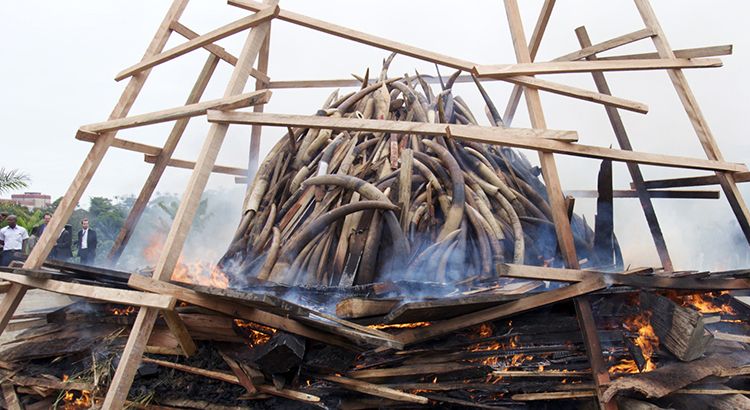Schlagwort: Ökologie
...
Periphery as the New Center? Japan’s Renewable Energy Market and Policy Landscape
The Japanese government is currently preparing its 7th Strategic Energy Plan and released its...
Resisting Energy Transition? Understanding Roadblocks in Northern Colombia
La Guajira in northern Colombia has seen a disproportionate number of roadblocks recently,...
A Green Recovery for Ukraine: How to Avoid the Trap of Green Colonialism?
The environment is not a silent victim in Russia’s war against Ukraine; the long-term threats for...
A Gap between Social and Ecological Rights: A Commentary after One Year of the German Supply Chain Due Diligence Act
Frequent violations of human, labor, and environmental rights continue to impact supply chains...
Kolumbien nach der Präsidentschaftswahl: Fünf Chancen und eine Herausforderung für die deutsche Außen- und Entwicklungspolitik
Kolumbien hat gewählt: In einem polarisierten Wahlkampf setzte sich bei den...
Protests against new fracking projects in Colombia
A new fracking initiative has been formalized by the Colombian government in cooperation with the...
Is the commercial whaling ban in danger? Japan’s withdrawal from the International Whaling Commission
After decades of whaling under an exemption for scientific research, Japan withdrew from the...
Elephant in the Room: the Illegal Ivory Trade, Wildlife and War
The African Elephant is a keystone species, strongly affecting the ecosystems in which they...
